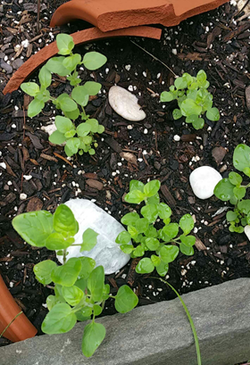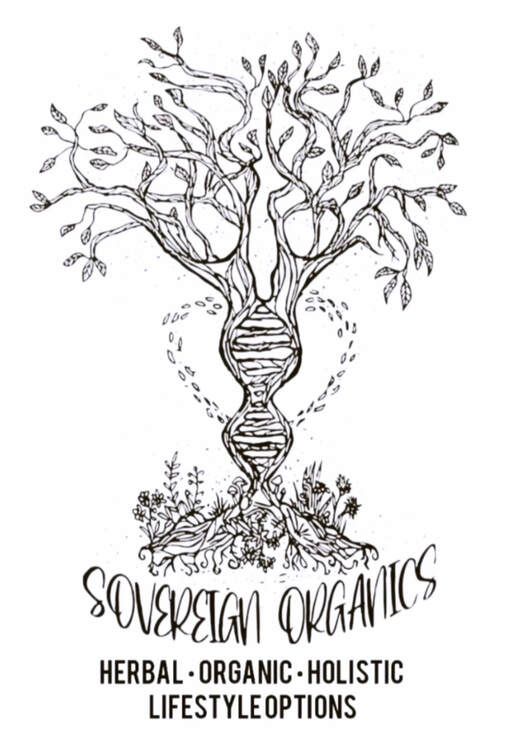
Oregano has long been used to treat many common ailments and most importantly for its antiseptic, antibiotic and anticancer properties.
According to a study called "Chemical composition and antimicrobial activity of essential oil of wild and cultivated Origanum syriacum plants grown in Sinai, Egypt", many uses for oregano include stimulant, analgesic, anti-tussive, expectorant, sedative, anti-parasitic and anti-helminthic. The main component powering the healing properties of oregano are the phenols, carvacrol and/or thymol.
"The essential oil of oregano is composed of carvacrol and/or thymol as its dominant components, followed by -terpinene, pcymene, linalool, terpinen-4-ol and sabinene hydrate.... Oil quality is determined by its composition, which varies with genotype, climate, soil type, orientation and plant development." [1]
The study concluded that the most susceptible to the activities of the oregano crude oil extract was E. coli, and the strong antibacterial action of this oil could be attributed to the activities of carvacrol by interacting with the bacterial membrane.
Another study called "Oregano: Chemical Analysis and Evaluation of Its Antimalarial, Antioxidant, and Cytotoxic Activities", examined the anti-cancer properties of oil of oregano concluding that it showed activity against human breast cancer cells (MCF7).
Today, many of us are beginning to rediscover the healing benefits of plants and in particular oil of oregano. It is sold in most health food stores in the supplement or herbal section and can be found in oil, spray and capsulized form.
Doctors suggest oil of oregano for treatment of ailments such as UTIs, ear infections, acne. Other recommendations for usage of oil of oregano include digestive tract cleansing, allergy support, psoriasis, cancer sore, warts, and combating the common cold. To learn more about the application, dosing and administration routes of oil of oregano please review this article.
You can purchase wild-mediterranean grown oregano oil in capsule form or in oil form in health-food stores, vitamin stores, most pharmacies, and as well as online. If you are buying capsules, double check that they are vegan, otherwise the capsule will be made out of some type of animal gelatin.
[1] Abdel Nasser El Gendya, Michele Leonardi, Linda Mugnaini, Fabrizio Bertelloni, Valentina V. Ebani, Simona Nardoni, Francesca Mancianti, Saber Hendawya, Elsayed Omer, Luisa Pistelli. "Chemical composition and antimicrobial activity of essential oil of wild and cultivated Origanum syriacum plants grown in Sinai, Egypt" Industrial Crops and Products. Vol 67. Feb 2015
[2]Fatiha El Babili, Jalloul Bouajila, Jean Pierre Souchard, C´edric Bertrand, Florian Bellvert, Isabelle Fouraste, Claude Moulis, and Alexis Valentin. "Oregano: Chemical Analysis and Evaluation of Its Antimalarial, Antioxidant, and Cytotoxic Activities". Journal of Food Science, April 1, 2011.
[3] 17 November 2016; www.drramsey.com/treating-infections-naturally-2/
